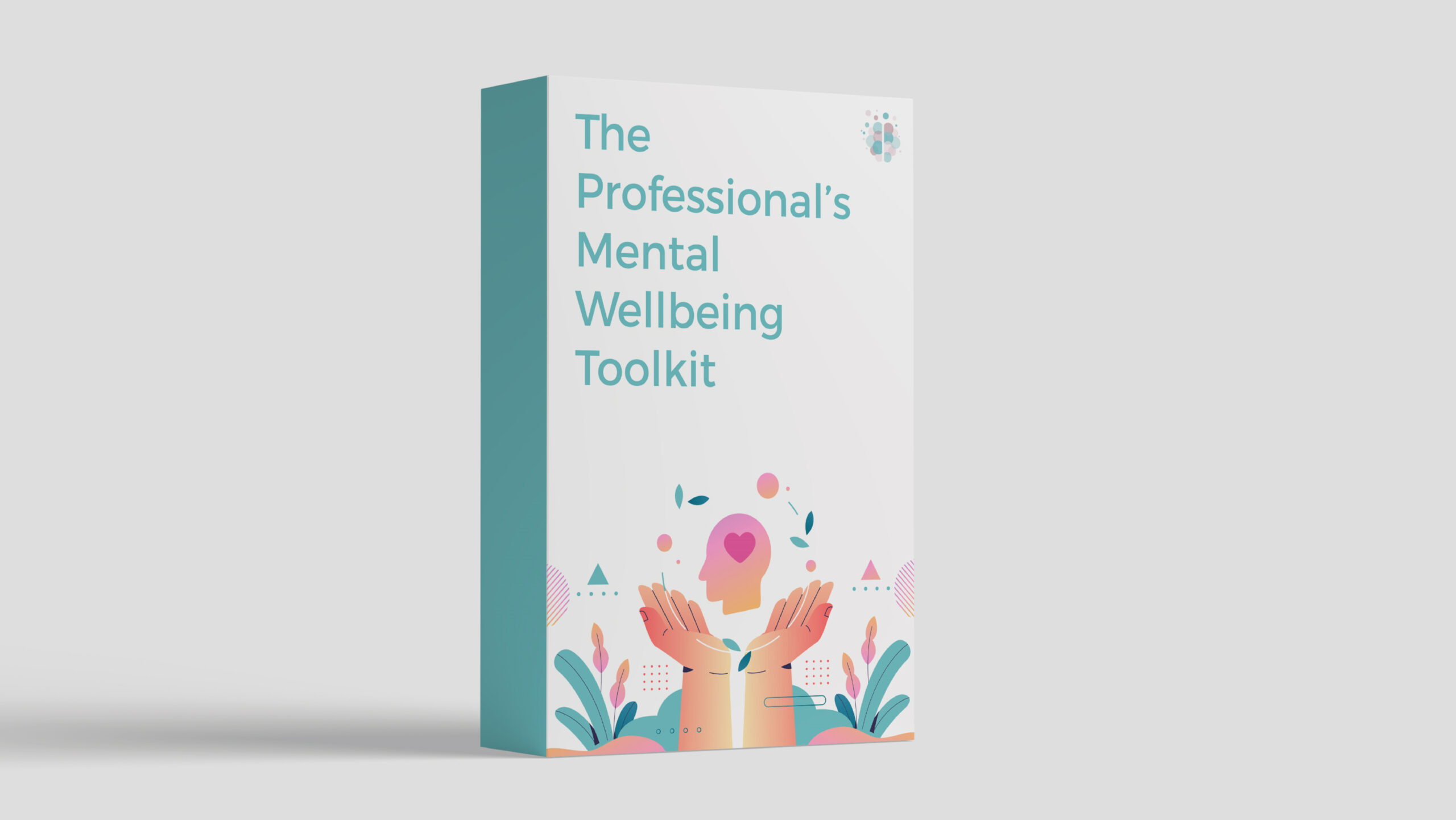In an era of ongoing global mental health challenges, accessibility and care quality frequently vary between larger cities and remote regions. This disparity in mental health services creates a chasm that leaves many underserved populations without adequate support.
However, amidst these challenges, technological advancements offer a ray of hope. Innovative strategies are also emerging to address disparities and improve mental health care access for remote communities.
Challenges in Remote Mental Health Care
One of the primary challenges in remote mental health care is the shortage of qualified professionals. According to The Commonwealth Fund's March 2023 report, approximately 160 million Americans live in areas experiencing shortages of mental health professionals. Meeting the demand adequately would require an additional 8,000 professionals in these regions.
Mental health practitioners, particularly those specializing in advanced care, are typically concentrated in urban areas, leaving rural and remote regions underserved.
Logistical barriers, such as transportation issues and the lack of specialized facilities, further impede access to care for individuals in remote communities.
Technology as a Bridge to Accessible Mental Health Care
The advent of telehealth and digital platforms has revolutionized the delivery of mental health care.
Research suggests that patients favour telehealth appointments over in-person visits. This insight comes from a report derived from surveys involving approximately 400 patients and 200 providers.
The analysis of appointment trends between May 2020 and May 2022 revealed a gradual rise in virtual bookings for mental health appointments. Specifically, these bookings increased from 74% in May 2020 to 85% in May 2021 and further to 87% in May 2022.
This trend underscores a preference for the convenience of receiving treatment from one's home. Additionally, virtual consultations and remote monitoring have dismantled geographical barriers, offering convenient access to mental health services for individuals in remote areas.
With devices like smartphones and computers, we can easily connect with mental health professionals, diminishing the physical distance between patients and providers.
Establishing Peer Support Networks
Peer support networks play a pivotal role in breaking down the barriers associated with mental health.
Creating spaces where individuals can share their experiences, struggles, and triumphs with peers fosters a sense of understanding and solidarity. Establishing structured peer support groups within remote communities provides emotional support and contributes to reducing the stigma surrounding mental health.
These networks can be particularly effective in ensuring that individuals feel heard and supported by those who may share similar cultural backgrounds and experiences.
The Vital Role of Nurses as Mental Health Advocates in Remote Communities
Nurses play a crucial role in bridging the gap in mental health care, especially in remote areas. With their extensive training and holistic approach to patient care, nurses act as frontline advocates for mental health awareness and support.
Specialized nurses, especially those with advanced mental health training, significantly contribute by offering counselling, advocating for patients, and facilitating access to essential resources.
Many committed nurses are actively enhancing their skills to meet the urgent demand for mental health professionals in underserved regions. They're utilizing specialized platforms like online MSN to DNP programs to bolster their capabilities effectively.
These accelerated educational pathways offer a robust curriculum designed to equip nurses with advanced clinical expertise and leadership skills. By engaging in these programs, nurses aim to expand their knowledge base and refine their ability to provide comprehensive and empathetic mental health care.
Policy Advocacy and Systemic Changes
Healthcare professionals wield substantial influence in championing increased funding, enhanced accessibility, and fair distribution of mental health resources. Their active participation in shaping policies guarantees that mental health retains its prominence in both national and global healthcare agendas.
An impactful campaign is the WHO Special Initiative for Mental Health. The initiative, launched in 2019, aims to secure universal health coverage by providing accessible, high-quality, and affordable care. It focuses on mental health, neurological, and substance use conditions, intending to reach an additional 100 million people.
Summary
As we navigate the evolving landscape of mental health care, there's promise in innovation, advocacy, and global initiatives. The strides made in technology coupled with the dedication of healthcare professionals signify a hopeful future for accessible mental health services.
Campaigns like the WHO Special Initiative for Mental Health highlight a collective commitment. They aim to foster a world where mental health care is inclusive and available to all. Together, these efforts drive us toward a brighter future, ensuring global access to support for improved mental wellbeing.
Build Your Therapy Toolkit
Want a library of practical tools to share with clients? Check out The Professional's Mental Wellbeing Toolkit today. It's "everything you need all in one place."


